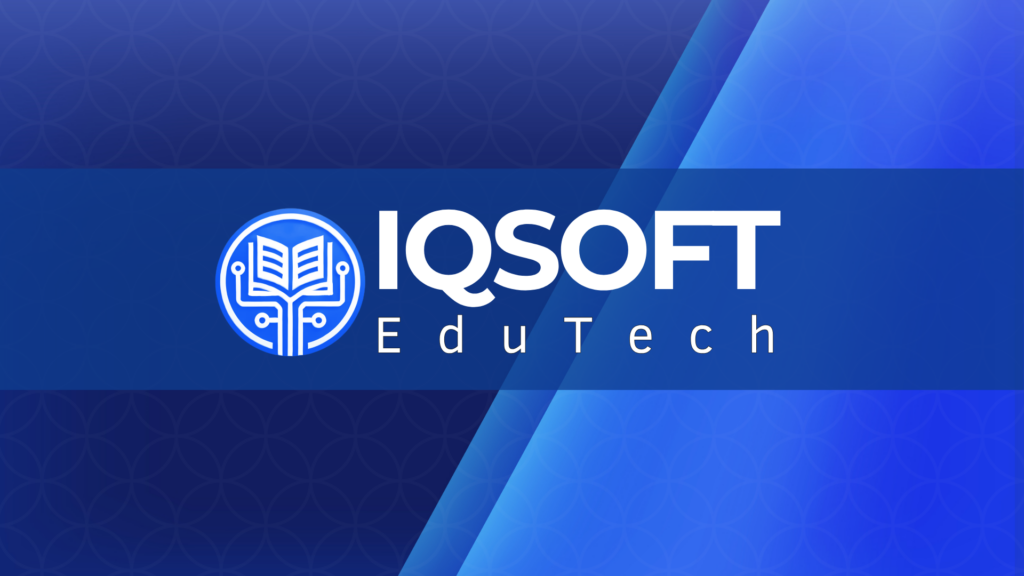• Introduction to Jakarta EE 10
– Overview of Jakarta EE
– Evolution from Java EE to Jakarta EE
– Key Features and Enhancements in Jakarta EE 10
– Installation and Setup
• Jakarta EE Architecture
– Understanding Jakarta EE Architecture
– Components of Jakarta EE
– Container Types and Services
• Building Web Applications
– Jakarta Servlet API
– Jakarta Server Pages (JSP)
– Jakarta Expression Language (EL)
– Jakarta Faces (JSF)
• Enterprise JavaBeans (EJB)
– Introduction to EJB
– Session Beans
– Message-Driven Beans
– EJB Lite
• Jakarta Contexts and Dependency Injection (CDI)
– Introduction to CDI
– CDI Beans and Scopes
– Interceptors and Decorators
– Events and Observers
• Jakarta Persistence (JPA)
– Introduction to JPA
– Entity Mapping
– JPQL and Criteria API
– Transactions and Concurrency
• Jakarta RESTful Web Services (JAX-RS)
– Introduction to JAX-RS
– Creating RESTful Resources
– Client API
– Filters and Interceptors
• Jakarta SOAP Web Services (JAX-WS)
– Introduction to JAX-WS
– Creating SOAP Web Services
– SOAP Clients
– Handlers and Interceptors
• Jakarta Messaging (JMS)
– Introduction to JMS
– Point-to-Point and Publish-Subscribe Models
– Message-Driven Beans
– JMS 2.0 Features
• Jakarta Transactions
– Introduction to Jakarta Transactions
– Local and Global Transactions
– Transaction Management
– XA Transactions
• Jakarta JSON Processing (JSON-P) and Jakarta JSON Binding (JSON-B)
– Introduction to JSON-P
– Parsing and Generating JSON
– Introduction to JSON-B
– Binding JSON to Java Objects
• Jakarta WebSocket
– Introduction to WebSocket
– Creating WebSocket Endpoints
– WebSocket Clients
– Asynchronous Communication
• Jakarta Concurrency Utilities
– Introduction to Concurrency Utilities
– Managed Executors and Threads
– Asynchronous Tasks
– Concurrency in Enterprise Applications
• Developing Jakarta EE Applications
– Setting Up Development Environment
– Using Build Tools (Maven/Gradle)
– Creating and Managing Projects
– Deployment and Configuration
• Testing and Debugging
– Unit Testing with JUnit
– Debugging Jakarta EE Applications
• Best Practices and Design Patterns
– Enterprise Design Patterns
– Best Practices for Jakarta EE Development
– Performance Tuning and Optimization
To ensure that participants gain the maximum benefit from the Jakarta EE 10 Training Program, it is important that they meet the following prerequisites:
Solid Java Knowledge:
– Proficiency in Java SE, including a solid understanding of Java syntax, classes, objects, inheritance, polymorphism, and exception handling.
– Experience with Java collections framework, lambda expressions, and streams.
– In general, understanding concepts and their practical applications introduced in IQEDU Java SE 21 Training
Basic Web Development Understanding:
– Familiarity with web technologies such as HTML, CSS, and JavaScript.
– Basic knowledge of web servers and how web applications work.
Database Basics:
– Understanding of basic RDBMS database concepts and SQL.
– Experience with database operations like CRUD (Create, Read, Update, Delete).


